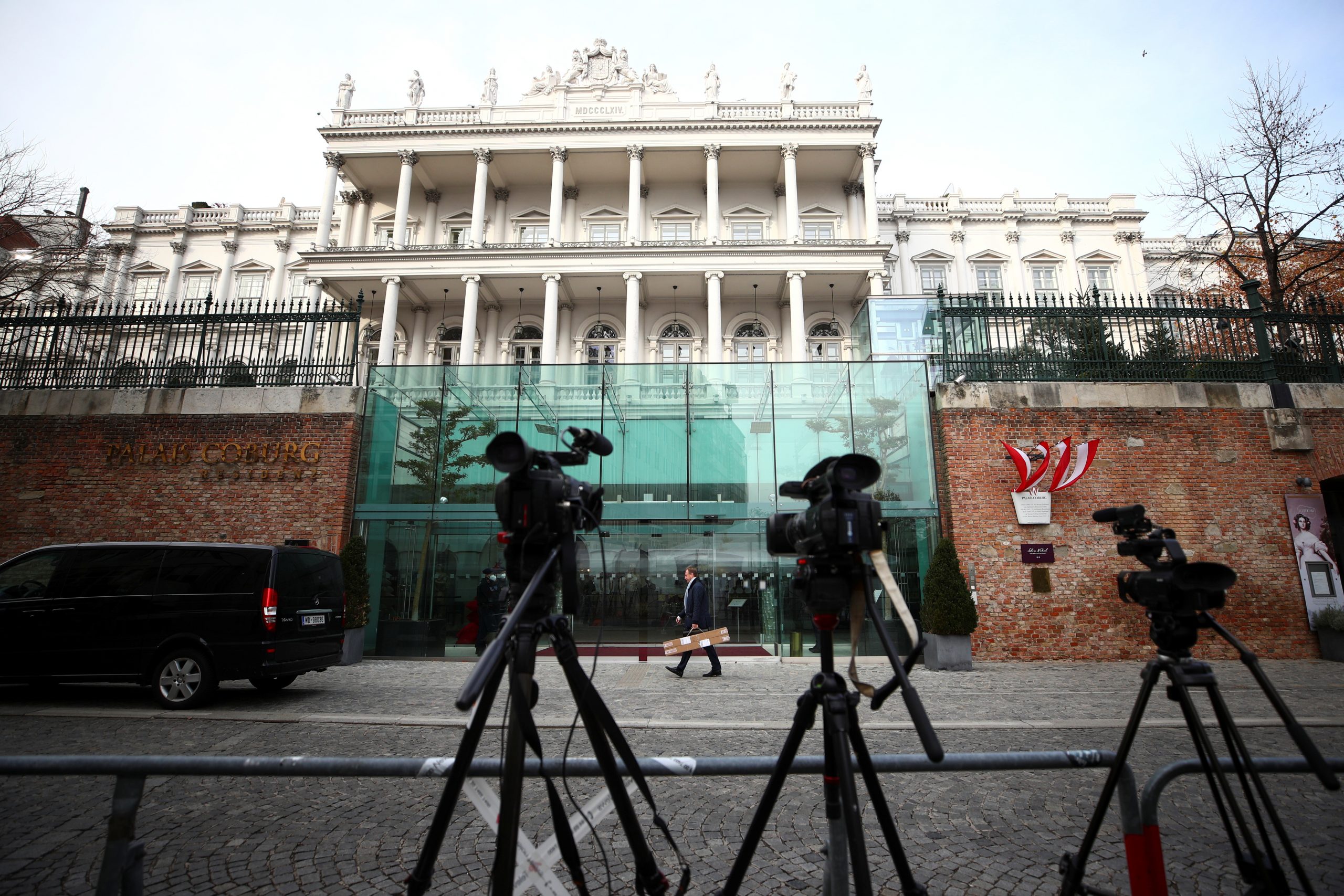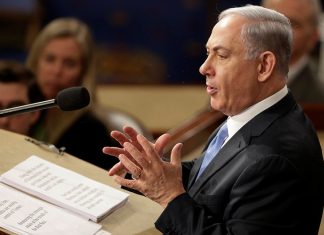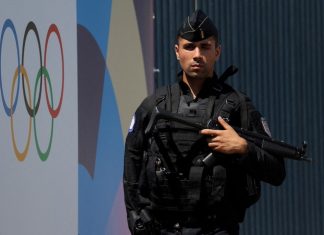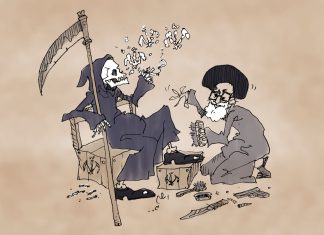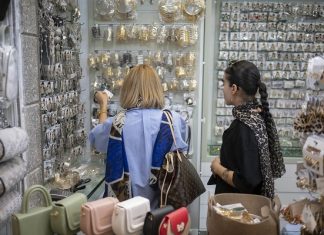By Ahmad Rafat
Talks on reviving the 2015 Joint Comprehensive Plan of Action (JCPOA), or Iran nuclear deal, are resuming this week in Vienna between the Islamic Republic and most of the original signatories to the agreement —¸Russia, China, Britain, France, Germany, and the European Union (EU).
The U.S. unilaterally withdrew from the agreement in May 2018. However, since taking office in January, U.S. President Joe Biden and his administration have been trying to revive it.
While the U.S. is not taking part in the Vienna talks directly, it is negotiating through the EU. It is doubtful that the negotiations will yield any concrete results, given the Islamic Republic’s long list of conditions and the many demands by the U.S. and the EU country members.
In his recent visits to several European capitals, Ali Bagheri-Kani, Iranian Deputy Foreign Minister for political affairs and the chief negotiator at the talks, said Tehran would only return to Vienna to discuss sanctions, stressing that Iran’s nuclear program was not on the agenda.
Mr. Bagheri-Kani also noted that Iran’s principal precondition for taking part in the talks was lifting all sanctions, including those imposed on account of the country’s nuclear program, regional activities, and human rights record.
Iranian Foreign Minister Hossein Abdollahian reiterated the same demands during a phone conversation on Nov. 26 with Josep Borrell, the High Representative of the Union for Foreign Affairs and Security Chief (EU Foreign Policy Chief).
During his weekly press briefing on Nov. 7, Saeed Khatibzadeh, the spokesperson for the Iranian Foreign Ministry, said: “The U.S. must lift all sanctions in a verifiable process and with tangible guarantees.”
Mr. Khatibzadeh rejected a gradual easing of the sanctions, describing it as a “non-starter.”
The seventh round of the Vienna talks will most likely fail if Iran insists on its list of demands. The U.S. has said it would lift the sanctions — which were reimposed in 2018 — if Iran were to comply with the articles of the nuclear deal agreed in 2015.
However, the U.S. has always maintained that it would lift no sanctions related to Iran’s human rights record and to the regional military activities by the Islamic Revolutionary Guards Corps (IRGC).
During his recent visit to Tehran, Rafael Grossi, the head of the UN nuclear watchdog — the International Atomic Energy Agency (IAEA) — failed to persuade Iranian officials to allow IAEA inspectors to resume their work at the country’s nuclear sites. This will make the Vienna talks much more challenging.
Strong reactions by the UK, Germany, and France to Mr. Grossi’s inability to secure an agreement with Tehran will add to the forthcoming negotiations’ problems.
Meanwhile, Iranian officials insist that they and the IAEA chief reached a “basic agreement” on solving the “technical problems with the agency.”
Besides refusing IAEA inspectors access to Iran nuclear sites, especially the TESA Complex in Karaj, 35 miles northwest of the capital Tehran — which reportedly manufactures parts for the new generation of centrifuges — Iranian officials have asked Mr. Grossi to issue a statement, condemning “Israel’s terrorist attacks” on Iran’s nuclear facilities.
In his report to the IAEA Board of Governors, Grossi noted that as of Nov. 6, Iran had boosted its stockpile of enriched uranium to 2,489 kilograms, exceeding the 2,028 kilograms limit under the 2015 agreement.
Grossi’s unproductive trip to Tehran and Iran’s continued efforts to enrich uranium beyond the percentage allowed under the 2015 agreement, to boost its stockpile of enriched uranium, and to use the new generation of centrifuges have worried many governments in the region and around the world.
France, Germany, and the UK insist that “Iran does not have any non-military explanation for enriching 20 percent and 60 percent uranium.” They argue that “enriching uranium to that level makes no sense for a country that claims it has no plan to develop a nuclear weapon.”
The three signatories to the JCPOA concluded that “the alarming rate of enriching uranium and its massive stockpile show that further enrichment will enable Iran to produce at least one atomic bomb.” They believe the new generation of centrifuges will enable Iran to enrich uranium at a higher percentage.
In an interview with the National Public Radio (NPR), the senior U.S. special envoy for Iran, Robert Malley, said: “If Iran chooses — and it is an Iranian choice — if they choose not to go back into the deal, then obviously, we are going to have to seek other efforts, diplomatic and otherwise, to address Iran’s nuclear ambitions.”
“If Iran wants to get back into the deal, it has a way to do that,” Mr. Malley added. “If it does not want to get back into the deal, if it continues to do what it appears to be doing now, which is to drag its feet at the nuclear diplomatic table and speed up its pace with its nuclear program, if that is the path it chooses, we will have to respond accordingly. So the options that are at America’s disposal are familiar to all.”
In an interview with Time magazine on Nov. 4, General Kenneth F. McKenzie, Jr., the commander of the U.S. Central Command (CENTCOM), said: “Our president said they would not have a nuclear weapon. The diplomats are in the lead on this, but Central Command always has a variety of plans that we could execute if directed.”
While many countries in the region, especially Israel, support diplomatic efforts for achieving a “more comprehensive and better agreement,” they are preparing to confront the Islamic Republic if needed. Israeli Foreign Minister Yair Lapid is meeting the leaders of Germany, France, and Britain before the start of the Vienna talks.
Speaking at a conference on Israel security affairs on Nov. 22, Israeli Defense Minister Benny Gantz said: “I support an agreement that will be broader, stronger and longer-taking Iran back, dismantling its current capabilities and placing effective inspections on its sites and its weapons production.”
“Iran sees itself as a hegemon, systematically equipping terror armies and exporting its radical ideology, weapons, funds, and personnel across the Middle East,” Mr. Gantz warned. “They target economic resources as we saw in the Aramco attack, disrupt global trade as we saw in the Mercer Street attack, harm democratic processes as we saw in the Iraqi elections, and dismantle regimes as we see in Lebanon and Syria.”
The Israeli government recently allocated $1.5 billion to boost its military capability for attacking Iran’s nuclear facilities. Israel carried out airstrikes on Iraqi and Syrian nuclear facilities in 1981 and 2007.
Meanwhile, the Islamic Republic continues with its military threats. Speaking at a gathering to mark Basij Week on Nov. 26, the commander of the IRGC, Major General Hossein Salami, said: “We are very close to victory.”
“We are witnessing the enemy’s demise, and it has lost its grip on this land. You have chased the enemy on several fronts and have never retreated, and you continually advance,” General Salami added.

